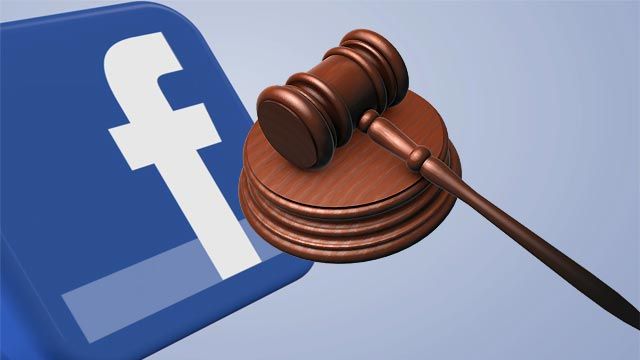The question of incitement to hatred in Ireland on social media sites such as Facebook and Twitter was ventilated in the Courts in 2011.
A man, Patrick Kissane, who created a Facebook page called “Promote the use of Knacker Babies as Bait” was the first person in Ireland to be prosecuted under the Prohibition of Incitement to Hatred Act 1989 in respect of online activity.
Anyone engaging in social media sites needs to be careful to understand that the ordinary laws of libel apply to whatever you say/publish.
He was accused of actions likely to stir up hatred against the travelling community and the accused man decided to defend the case on the 30th September, 2011 at Killarney District Court.
Section 2(1) of the Prohibition of Incitement to Hatred Act 1989-
2.—(1) It shall be an offence for a person—
(a) to publish or distribute written material,
(b) to use words, behave or display written material—
(i) in any place other than inside a private residence, or
(ii) inside a private residence so that the words, behaviour or material are heard or seen by persons outside the residence,
or
(c) to distribute, show or play a recording of visual images or sounds,
if the written material, words, behaviour, visual images or sounds, as the case may be, are threatening, abusive or insulting and are intended or, having regard to all the circumstances, are likely to stir up hatred.
(2) (a) In proceedings for an offence under subsection (1), if the accused person is not shown to have intended to stir up hatred, it shall be a defence for him to prove that he was not aware of the content of the material or recording concerned and did not suspect, and had no reason to suspect, that the material or recording was threatening, abusive or insulting.
(b) In proceedings for an offence under subsection (1) (b), it shall be a defence for the accused person—
(i) to prove that he was inside a private residence at the relevant time and had no reason to believe that the words, behaviour or material concerned would be heard or seen by a person outside the residence, or
(ii) if he is not shown to have intended to stir up hatred, to prove that he did not intend the words, behaviour or material concerned to be, and was not aware that they might be, threatening, abusive or insulting.
(3) In this section “private residence” means any structure (including a tent, caravan, vehicle, vessel or other temporary or moveable structure) or part of such a structure used as a dwelling but does not include any part not so used or any part in which a public meeting is being held; and in this definition “public meeting” means a meeting at which the public are entitled to be present, on payment or otherwise and as of right or by virtue of an express or implied permission.
The Court was told that Mr. Kissane set up the page after an unpleasant encounter with members of the travelling community and his Facebook page suggested that traveller babies could be used for testing new drugs and viruses and for shark bait and for feeding animals in the zoo.
Mr. Kissane worked in a pub and had an unpleasant encounter in the pub in which he worked and had refused to serve some travellers. The travellers became aggressive and the Judge held that this was an important element of Mr. Kissane’s defence.
For the state to prove it’s case under the Prohibition of Incitement to Hatred Act 1989 it had to prove, amongst other things, that Mr.Kissane’s Facebook page was intended or likely to stir up hatred against the travelling community.
The Judge decided that the prosecution had failed to prove that Mr. Kissane had been involved in the incitement to hatred of travellers as he had set up the Facebook page on a “once off” basis and had not added to or commented on the page after it was created even though plenty of others had done so and it had 644 fans.
It is pretty clear that despite the dismissal in this particular case that there is plenty of legal avenues, both civil and criminal, which can be utilized in respect of what is written/published/broadcast on social network sites like Facebook, Twitter, Google+ and others.
